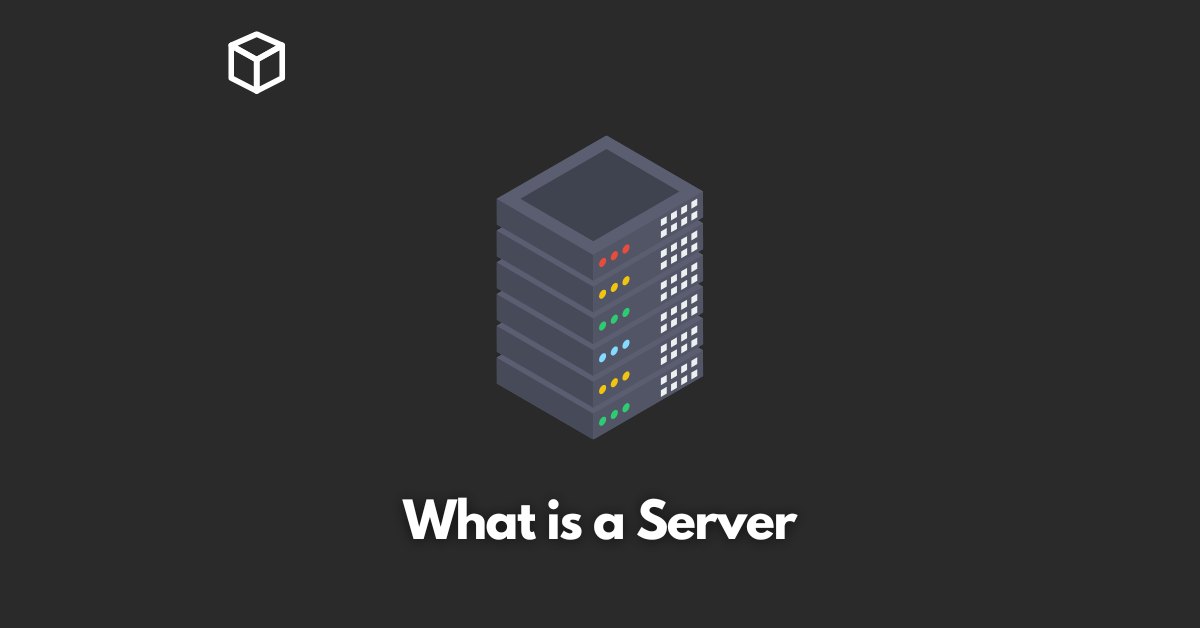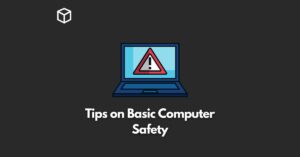A server is a computer or system that manages and stores data and resources for other computers or devices on a network.
It plays a crucial role in modern businesses and organizations as it enables the smooth functioning of various operations and communication.
There are various types of servers that serve different purposes such as web servers, email servers, database servers, and more.
Hardware components of a server
The heart of a server is its Central Processing Unit (CPU), which is responsible for processing and executing instructions.
A server’s memory, also known as Random Access Memory (RAM), is responsible for temporarily storing data that the CPU is currently working on.
A server’s storage capacity is typically much larger than a regular computer and is used to store large amounts of data, such as databases and files.
Networking components, such as NIC cards and switches, are essential for the server to communicate with other devices on the network.
Operating systems for servers
When it comes to operating systems for servers, Windows Server and Linux are the two most popular choices.
Windows Server is known for its ease of use, user-friendly interface, and compatibility with other Microsoft products.
Linux, on the other hand, is known for its stability, security, and cost-effectiveness.
Unix is also an option for servers, but it is not as widely used as Windows or Linux.
Server Virtualization
Server virtualization is a technique that allows multiple virtual servers to run on a single physical server.
This technology enables businesses and organizations to increase their server utilization and reduce costs.
Popular virtualization software includes VMware, Hyper-V, and XenServer.
Networking and Connectivity
Servers are responsible for managing and maintaining the connectivity of a network.
This includes both Local Area Network (LAN) and Wide Area Network (WAN) connections.
Remote access and management of servers are also essential, allowing administrators to access and manage servers from any location.
Security measures such as firewalls and encryption are critical to ensure the safety and confidentiality of the data stored on servers.
Maintenance and Troubleshooting
The proper maintenance and management of servers are crucial for their smooth operation and security.
Regular updates and backups help to ensure that servers are up-to-date and that data can be recovered in case of an emergency.
Monitoring and performance tuning are also essential to identify and fix any issues that may arise.
Common issues that may arise include hardware failure, software bugs, and security breaches.
Conclusion
In today’s digital world, servers play an essential role in the smooth functioning of various operations and communication.
Whether it’s a small business or a large corporation, servers are a vital component of any organization.
Proper maintenance and management of servers are crucial to ensure their smooth operation and security.
With the right combination of hardware, software, and proper management, servers can provide reliable and efficient service for years to come.




